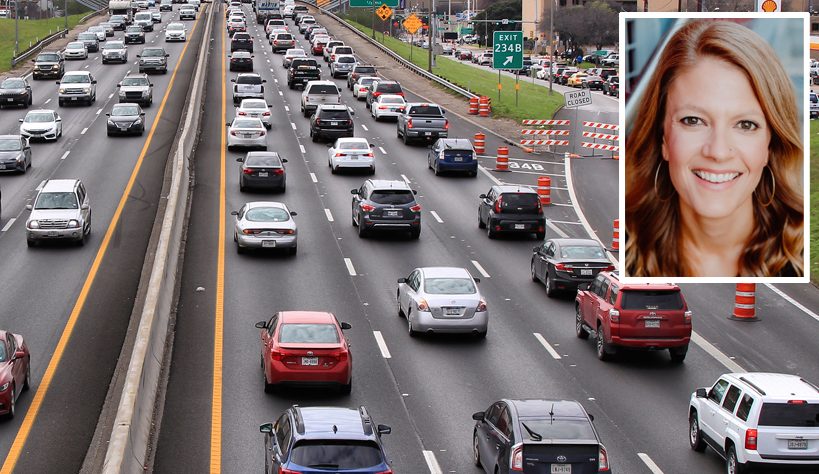The White House's commitment to electrified cars, fulfilling an Obama campaign promise to put 1 million plug-in hybrids into service by 2015, is bound to have serious ramifications for the nation's already-crumbling system of paying for transportation.
But could the administration continue to leave the gas tax untouched while relying on taxpayer-subsidized rebates to gin up new car sales? That prospect is a very real one, as two new posts from the Atlantic and the New Republic observe.
The first post focuses on the government's plug-in hybrid tax credit, which was expanded by the economic stimulus law to offer up to $7,500 per vehicle for the first 200,000 models sold by every automaker.
The Atlantic incorrectly states that the stimulus allocated $2 billion to the credit -- that number is the estimated cost of the provision, which has no dollar limit -- but the risk remains the same: If GM sells 200,000 of its Chevy Volts, the credit would take $1.5 billion in revenue from government coffers.
If similar successes for the Nissan Leaf and the upcoming plug-in Toyota Prius follow, it's easy to see the cost of the tax credit topping $4 billion. And as "cash for clunkers" showed, members of Congress are loath to limit popular pro-industry programs during an economic slowdown for fear of "messing with success" -- regardless of the estimated costs of the benefits in question.
That could lead to an extension of the plug-in hybrid credit to continue stimulating sales, at a continued cost to the already-depleted Treasury. Meanwhile, the less popular option of increasing the gas tax would immediately pay for itself (as my colleague Ryan put it earlier).
The New Republic's post looks at a still-unpassed proposal for "feebates," a combination of taxes on gas-chuggers and rebates for buyers who choose cars that exceed fuel-efficiency standards. Again, feebates follow the "cash for clunkers" template by using taxpayer money -- the fees are not guaranteed to offset the rebates and likely wouldn't if drivers flock to efficient models -- to encourage greener car-buying behavior.
But even if an "independent mileage benchmark" were used to ensure that the feebates pay for themselves, as the author suggests, the more prudent course of action would be simply to keep raising fuel-efficiency (CAFE) standards. Given that a proposal for a 40 miles per gallon standard fell three votes short of becoming law 20 years ago, the current 35.5-mpg plan appears ripe for an upgrade.
The issue comes down to political courage: Offering rebates and tax credits doesn't require much of it, but raising the gas tax and CAFE standards takes quite a lot.





